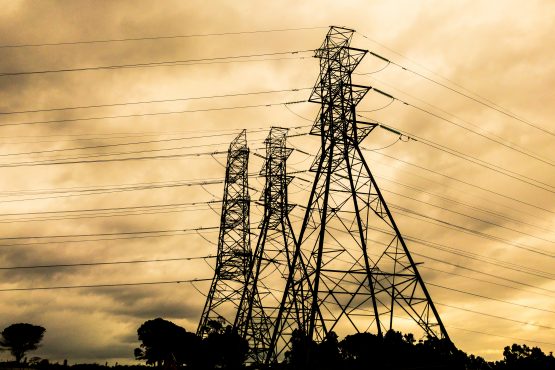South Africa needs about R1.5 trillion over the next five years for its plans to cut carbon emissions, harness economic opportunities from the energy transition and support affected communities, its president said on Friday.
At the COP26 climate summit last year wealthy nations including the United States, Britain, France and Germany, and the European Union committed $8.5 billion to help Africa’s most industrialised nation cut its emissions and accelerate a shift away from coal, which it relies on for the bulk of its electricity generation.
But the investment plan presented by President Cyril Ramaphosa on Friday, days before the COP27 summit in Egypt, showed the government thinks far more is needed.
“The scale of funding that is required to achieve our country’s ambition is significantly higher, much higher than the funding that has been offered,” Ramaphosa told a meeting of the presidential climate commission. “In going to COP27, that is the message we will be taking forward.”
Ramaphosa said South Africa was speaking to international partners to identify additional funding sources, calling for “a significantly larger grant component” in support pledges.
The R1.5 trillion plan includes about R1 trillion of electricity financing needs, R128 billion for new energy vehicles and R319 billion for green hydrogen.
The head of South Africa’s presidential climate finance task team said there was a funding gap of about R700 billion for the plan.
“By releasing this plan we are placing the ball firmly in the court of the international community, particularly the developed economy countries, that have through their own industrialisation … contributed greatly to the damage of our climate,” Ramaphosa said.
If successful, South Africa’s energy transition plan could be a model for other coal-dependent emerging economies in the global fight against climate change.
REUTERS



